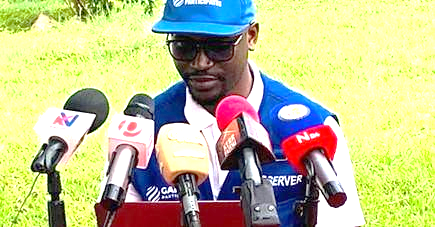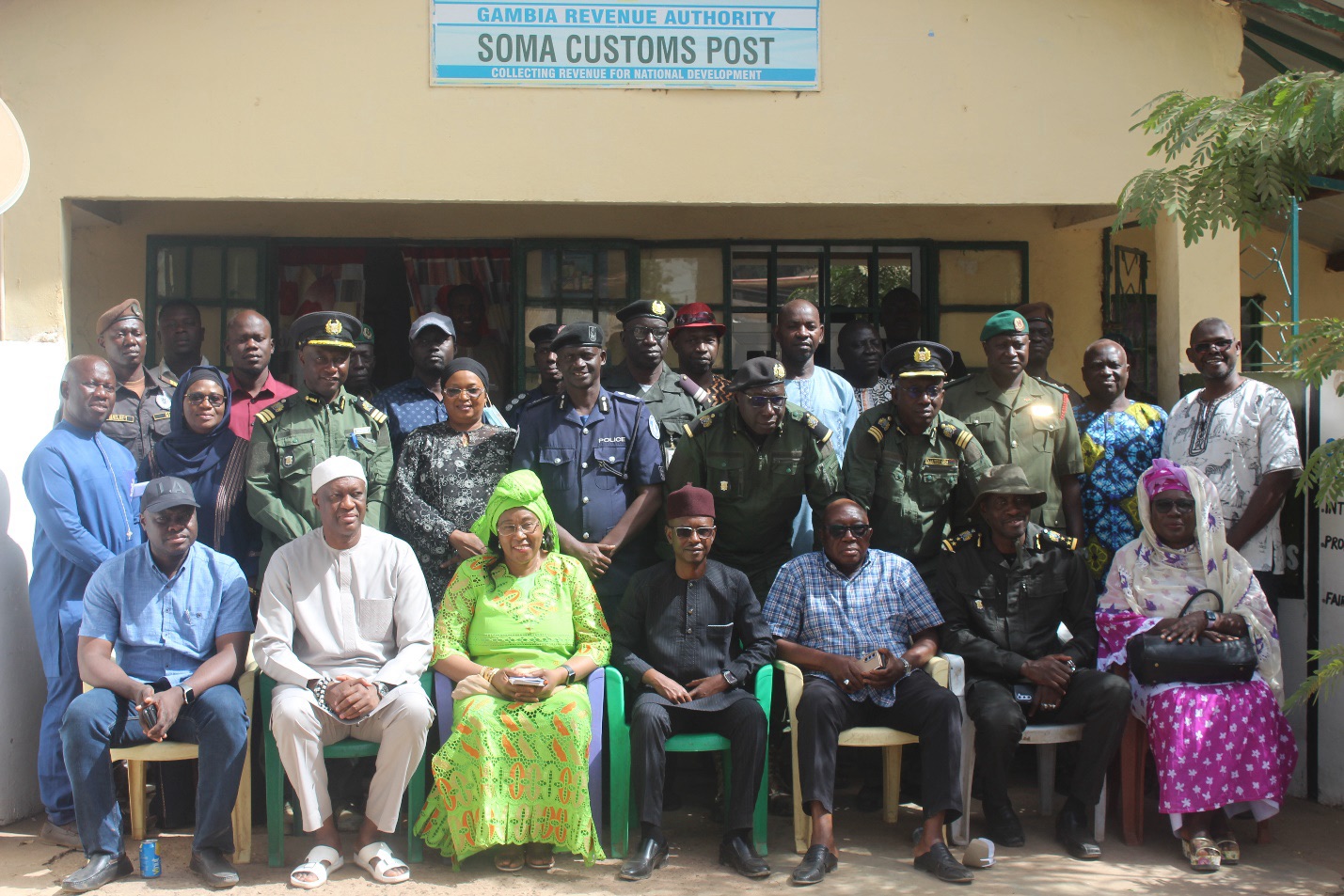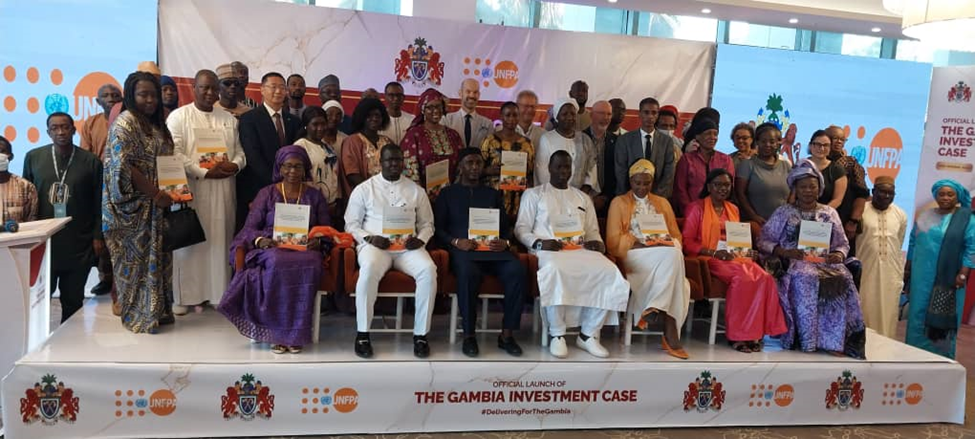Rights group, Gambia Participate, has projected a low participation of female candidates in the upcoming National Assembly election at 7.5% and urged parties to increase women participation in (future) elective positions.
Gambia Participate in its report said: “Female participation will be generally low for the 2022 Parliamentary elections with only 7.5% of the total participating candidates. There are still a lot of gaps within the internal party set up to put women in the forefront to run for elective offices.”
According to its report, the group focused on six emerging trends that are likely to affect the electoral process which include “the general pre-election environment, voter education activities, IEC’s preparatory activities, campaign activities, use/non-use of state resources and critical incidents.”
“Specifically, GP recommends that IECs and other election stakeholders intensify Get-Out-The Vote Campaigns to mobilize participation in the electioneering process. GP observed that voter education campaigns are occurring unevenly across the regions and would encourage stakeholders to intensify efforts in areas that are relatively uninformed.
“Gambia Participate found that political party rallies are occurring throughout the country, primarily organized by the APRC, Citizen Alliance, GDC, NPP, PDOIS, UDP and independent candidates. GP recommends that candidates and parties adhere to the electoral codes, discourage violence among their supporters, and desist from all illegal practices such as the abuse of state resources for campaigns,” the group added in the report.
However, Gambia Participate urged relevant security agencies to respond timely and appropriately to emerging conflicts Gambia Participates also urged political parties to encourage and increase women’s participation in elective positions.
“Observers’ general impression of the first observation period from March 01 to March 07 was that it substantially aligned with the AU/ECOWAS standards for democratic elections. Most observers affirm the electoral environment and engagements by stakeholders were somewhat aligned to the AU/ECOWAS standards for democratic elections in the second and third reporting periods,” the report stated.




